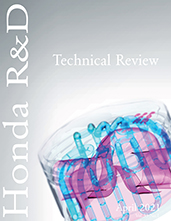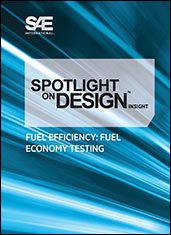Training / Education
Model-Based Engineering Overview for Systems Management Practitioners
Use of Model-Based Systems Engineering (MBSE) has been growing across industry, extending beyond defense and aerospace to include various commercial enterprises such as automotive and healthcare. Tool vendors are quick to point out benefits of this model-based approach and practices but are not always clear how MBSE benefits can be realized on a project. When deployed successfully, several key considerations should be addressed that maximize the value for a use-case. This four-hour class will discuss the nature and purpose of the MBSE approach and how key information is used for successful MBSE deployment as it relates to Systems Management.




